We’ve been covering the rise of AI image editing very closely here on Decoder and at The Verge overall for several years now — the ability to create photorealistic images with nothing more than a chatbot prompt has the potential to completely reset our cultural relationship with photography and, in particular, how much we instinctively trust photos to reflect the truth.
But the debate over image editing and the inherent truth of photos is nothing new, of course. It’s existed for as long as photography has existed, and it’s raged since digital photo editing tools have become widely available. You know this argument; you’ve heard it a million times. It’s when people say, “It’s just like Photoshop,” with “Photoshop” standing in for the concept of image editing generally.
Today, we’re exploring that argument, trying to understand exactly what it means and why our new world of AI image tools is different — and yes, in some cases, the same. Verge reporter Jess Weatherbed recently dove into this for us, and I asked her to join me in going through the debate and the arguments one by one to help figure it out.
Because, sure, in many ways, AI image editing really is just a faster, easier version of Photoshop — even Adobe now has AI tech like its Firefly image generator built right into Photoshop. But making powerful tools instantly accessible to everyone has side effects, and we’re seeing that right now.
Say you want to generate an image of Donald Trump pointing a gun at Kamala Harris. Just ask Elon Musk’s Grok, the AI chatbot built right into X. It’ll do it no problem because it has very few of the same filters that have prevented competing AI products from depicting politicians or outright violence. How about a deepfake nude of a classmate? That’s now made more trivial than ever before thanks to so-called “nudification” apps that manipulate existing photos, and it’s fast becoming a national crisis.
These might be old problems — Photoshop let you do all sorts of awful manipulations to celebrity photographs, and even in the days before computers, you could create convincing fake images to mislead people. But generative AI tools are testing whether the scale and sophistication of the tech and the speed of its adoption with little oversight has landed us firmly in uncharted territory.
I’ll just be direct here: my view is that people say “it’s just like Photoshop” to diminish these new problems that AI tools are causing and to make them seem like they’re already solved or not worth considering. But I would remind you that we hardly solved any of those problems when it really was just Photoshop — and any proposed solution that requires everyone to fundamentally understand that every image they see is edited isn’t much of a solution at all.
